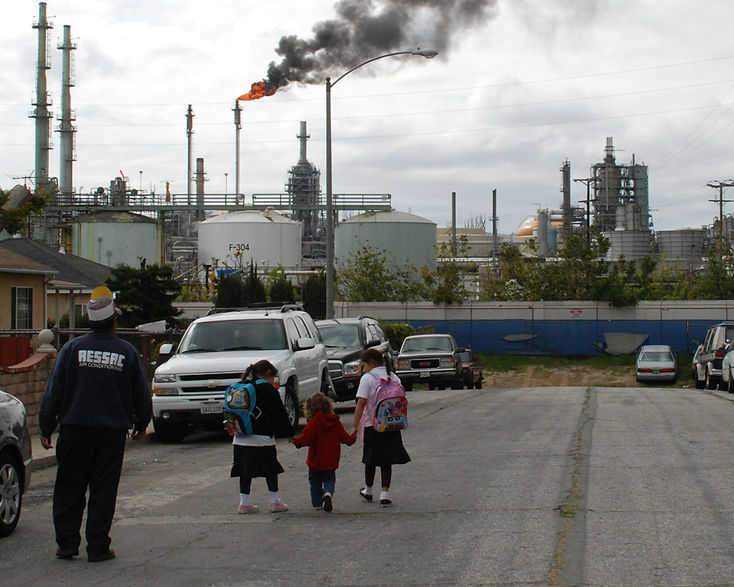


A Background on Environmental Justice
Environmental injustice, also referred to as environmental racism, is the violation, or the ignorance of equal environmental protections of certain communities that occur throughout the entire world. But in the United States, these neighborhoods affected are typically those that are low-income and underrepresented. These communities are deliberately neglected when it comes to the plans of industrial projects and their environmental impacts through their practices, the improper allocation of waste around the communities, and the preservation of natural resources surrounding them.

According to an article written by the Department of Energy. The first environmental justice movement that took place began in the early 1980s in Warren County, North Carolina when the local government chose to get rid of hazardous soil in black communities, inducing health concerns due to the toxins seeping into the water supply. This decision sparked outrage around the area and escalated this issue on a national level presenting major concern over the situation while simultaneously, and effectively, encouraging action to be taken against giant corporations and the government’s corruption.

Aside from the health impacts, environmental injustices also enforce a cycle of economic disparities. A report from the National Library of Medicine argues that the presence of hazardous materials, and other polluters, one example of its effects is the property value of structures and homes in these communities being significantly lowered, driving out a good portion of economic potential that could have had immense benefits in these areas in the long run. The same notion applies to how environmental injustice enables the aversion of local businesses and investments. Without the encouragement of investments, these communities are exposed to a limited amount of job opportunities, and face a tremendous decline in potential economic prosperity, only spirling further into a disadvantageous state that makes it extremely difficult for these neighborhoods to break out of.

Addressing environmental injustice is necessary to promote social equity in all communities, and to ensure that basic human rights are never disregarded, by advancing a sustainable society for all people. One way to efficiently address this problem is for communities to take the initiative to educate themselves on previous issues, and how they have been dealt with to face them more effectively. Through education, you create a foundation to create better decisions that can lead to more successful outcomes. Moreover, I urge communities to hold their representatives accountable. There needs to be more individuals in office who are willing to fight for the issue head-on without compromising for your needs, and basic human rights.